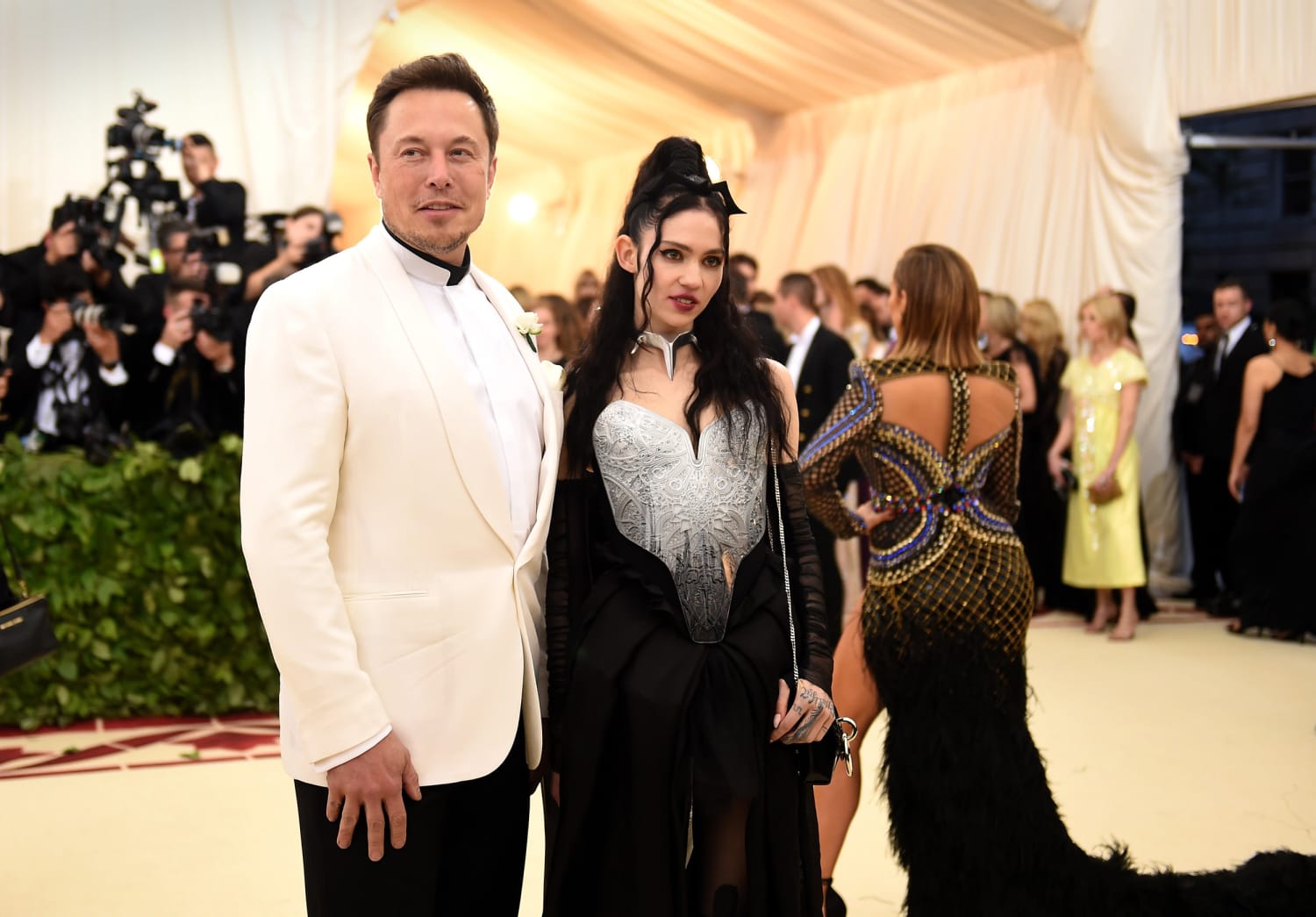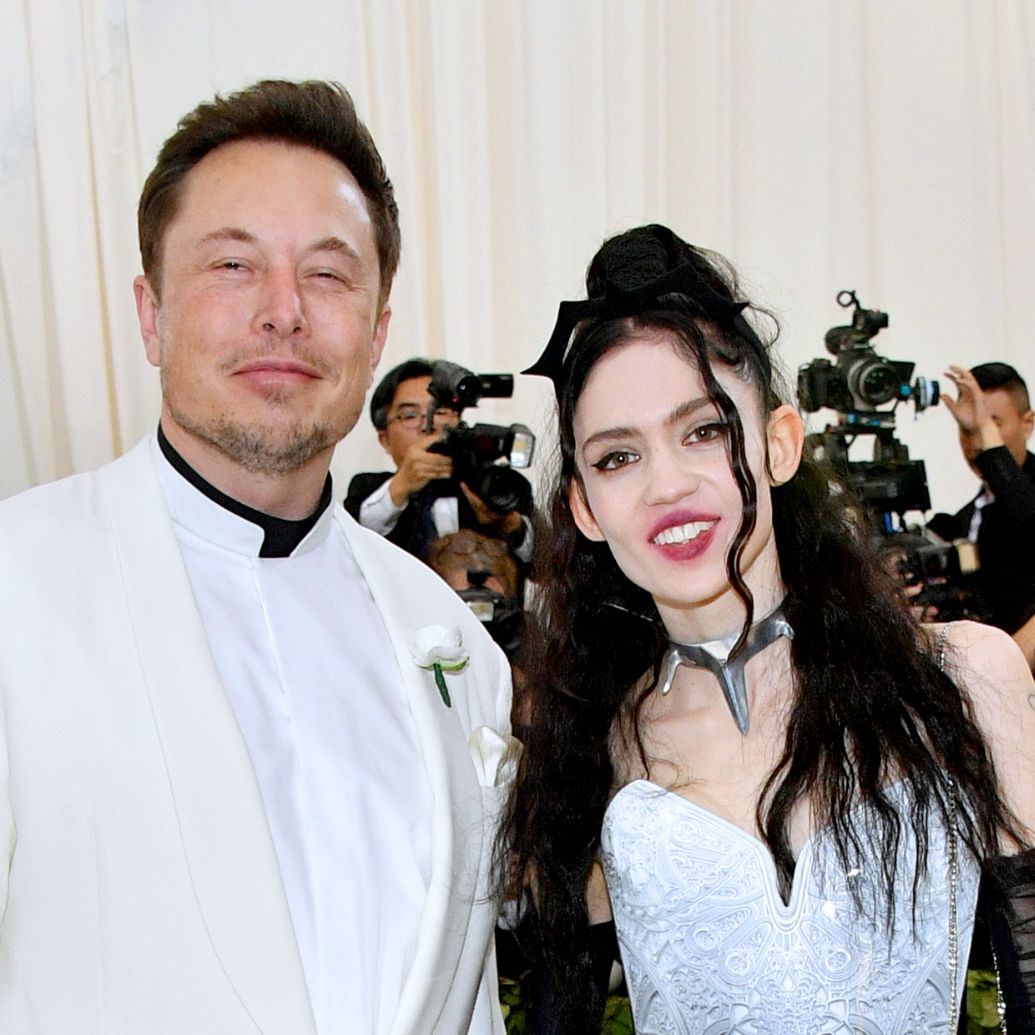Through electrical power, the second industrial mass production was introduced. Electronics and infotech automated the production process in the third industrial revolution. In the fourth industrial transformation the lines between "physical, digital and biological spheres" have actually Check out this More help site ended up being blurred and this current transformation, which started with the digital transformation in website the mid-1900s, is "characterized by a blend of innovations." This combination of technologies consisted of "fields such as synthetic intelligence, robotics, the Web of Things, autonomous lorries, 3-D printing, nanotechnology, biotechnology, products science, energy storage and quantum computing." Just before the 2016 annual WEF conference of the Global Future Councils, Ida Aukena Danish MP, who was likewise a young international leader and a member of the Council on Cities and Urbanization, uploaded a post that was later on released by envisioning how innovation might improve our lives by 2030 if the United Nations sustainable advancement objectives (SDG) were recognized through this combination of technologies.
Since everything was complimentary, consisting of tidy energy, there was no requirement to own items or realty. In her envisioned scenario, many of the crises of the early 21st century "lifestyle illness, environment modification, the refugee crisis, ecological destruction, completely crowded cities, water contamination, air pollution, social discontent and unemployment" were dealt with through brand-new technologies. The post has actually been criticized as portraying an utopia at the price of a loss of privacy. In action, Auken stated that it was meant to "start a conversation about a few of the benefits and drawbacks of the existing technological advancement." While the "interest in 4th Industrial Revolution innovations" had "increased" throughout the COVID-19 pandemic, fewer than 9% of companies were utilizing artificial intelligence, robotics, touch screens and other advanced innovations.
On January 28, 2021 Davos Program virtual panel talked about how expert system (AI) will "essentially alter the world". 63% of CEOs think that "AI will have a larger effect than the Web." During 2020, the Great Reset Dialogues resulted in multi-year projects, such as the digital transformation program where cross-industry stakeholders investigate how the 2020 "dislocative shock" had actually increased and "sped up digital changes". Their report said that, while "digital environments will represent more than $60 trillion in profits by 2025", "only 9% of executives [in July 2020] state their leaders have the ideal digital abilities". Political leaders such as Canadian Prime Minister Justin Trudeau and U.S.







:max_bytes(150000):strip_icc()/171285460-56a49f445f9b58b7d0d7e169.jpg)

